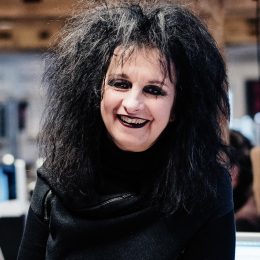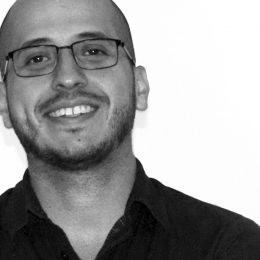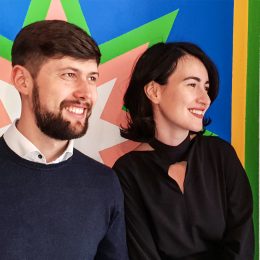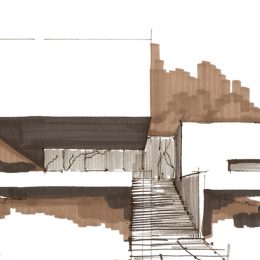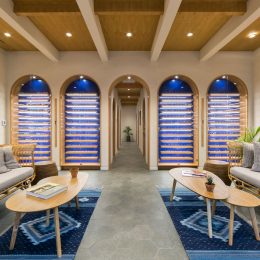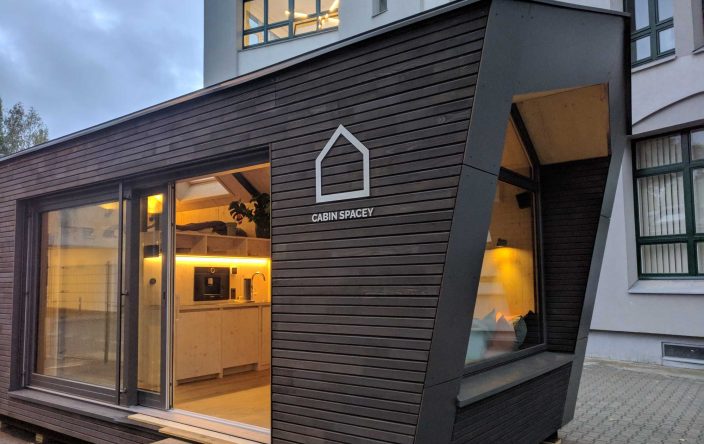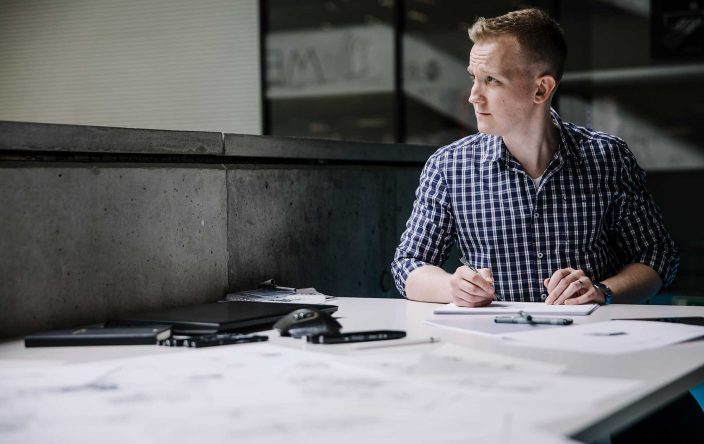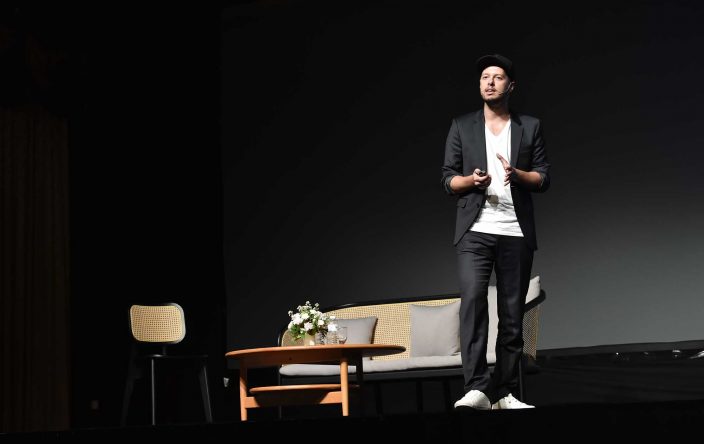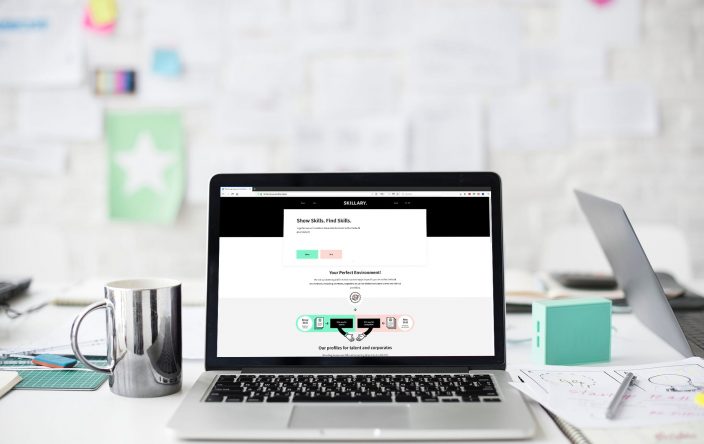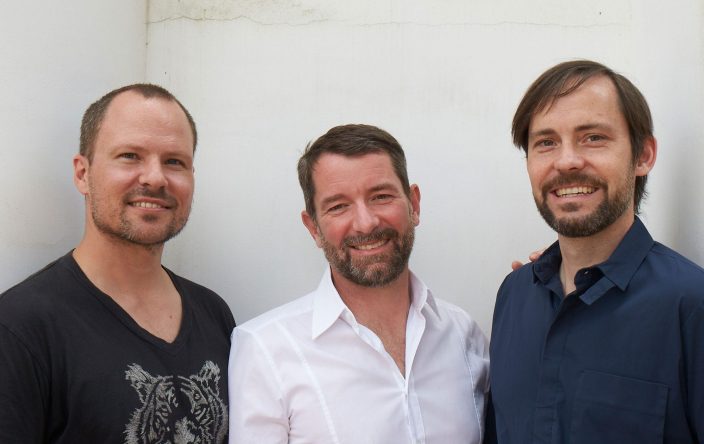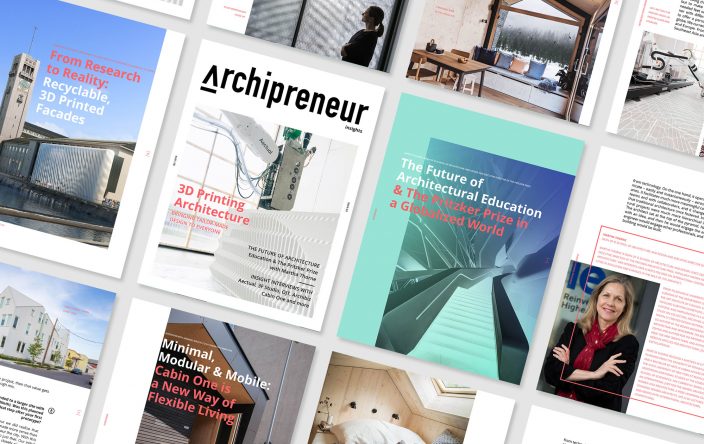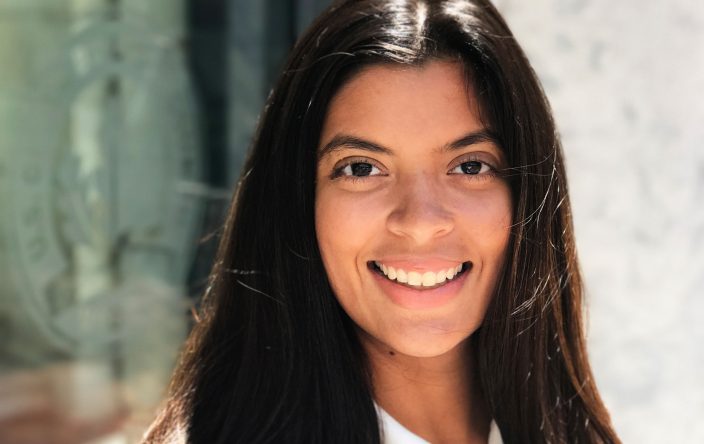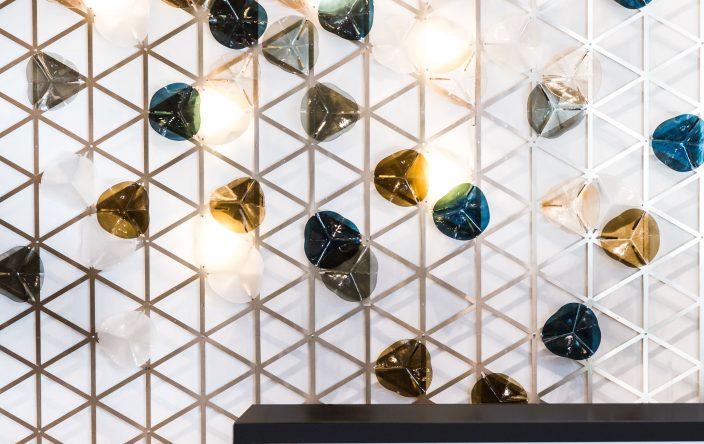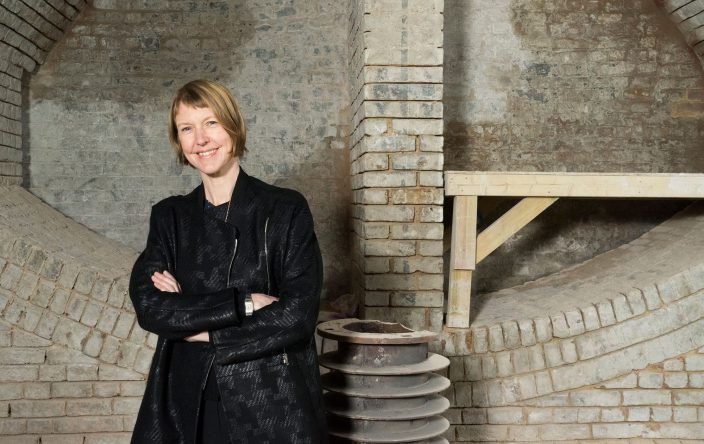
Archipreneur Interview: David Belt, Founder of Macro Sea & Nicko Elliott, Design Director
Do you want to get into the heads of the top initiators and performers from the architectural community? If so, we heartily welcome you to “Archipreneur Insights”! In this interview series, we talk to the leaders and key players who have created outstanding work and projects within the fields of architecture, building and development. Get to know how they did it and learn how you could do the same for your own business and projects.
This week’s interview is with David Belt, the Executive Director and Founder of Macro Sea and Nicko Elliott, the Design Director of the company. Macro Sea is a New York based real estate development firm whose mission is to create unexpected value in underutilized places.
I saw one of David’s presentations at Studio Talk’s “New Build Enables“ at the MakeCity festival in Berlin. He presented his latest development New Lab, a facility in the Brooklyn Navy Yard that is transforming 84,000 square feet of space into a high-tech design and prototyping center, which will enhance the Yard’s initiative to become a national model for sustainable industrial parks.
I liked his creative approach to unique urban developments and his mission to pursue projects that he finds interesting. I met David and Nicko in their latest Berlin development project in Kreuzberg. Macro Sea turned an old factory building into a new paradigm of the study abroad experience. I got a tour of the building and the design and living environment is truly inspiring. You can check out some images of this visit later in the post.
I had the pleasure of speaking with David and Nicko after they gave me their tour. Here, you can read about the Macro Sea story, and David and Nicko’s approach and thoughts on developing projects, tips to start out yourself and much more…
Enjoy the interview!
What made you decide to found Macro Sea and to develop unique urban projects? Was there a particular moment that sealed the decision for you?
David: So I’ve been in the construction industry for a long time and I have a project management company in New York that does development management and project management for a lot of different types of client groups. In 2008, the economy sort of collapsed, and I was really interested in – instead of doing projects for other people – trying to do my own.
I felt like I was getting very bad at project management because I didn’t like serving clients anymore. I wanted to do just projects that I was interested in. So I sold a part of the project management company to some of the guys who worked for me, and I told them that they would take it over. Then I started Macro Sea.
We had just done a project in Rome, and when I got back to New York, I thought it’s one thing to take a beautiful building in Rome and do something with it, but I wanted to take a shitty strip mall in the US and make it a cultural place. Because the economy was failing, there were all these empty malls and strip malls. And so I worked with artists and architects, and we started doing renderings of repurposing these places and looking at what to do with the parking lots of the strip malls, because they’re big.
So that’s when we came up with the idea of doing swimming pools out of dumpsters. We did those as a test in Brooklyn and we got a lot of press, which opened a lot of doors. So it was really like 2008, 2009 that we started experimenting with different types of projects. And I still was involved with the project management company, but I wasn’t running it on a daily basis.
So Macro Sea became your number one business?
David: Well, not my number one business. But it was a vehicle to do more interesting things and be able to take more risks. But now it is, but at first, it was much more of a collaboration with people and experimentation.
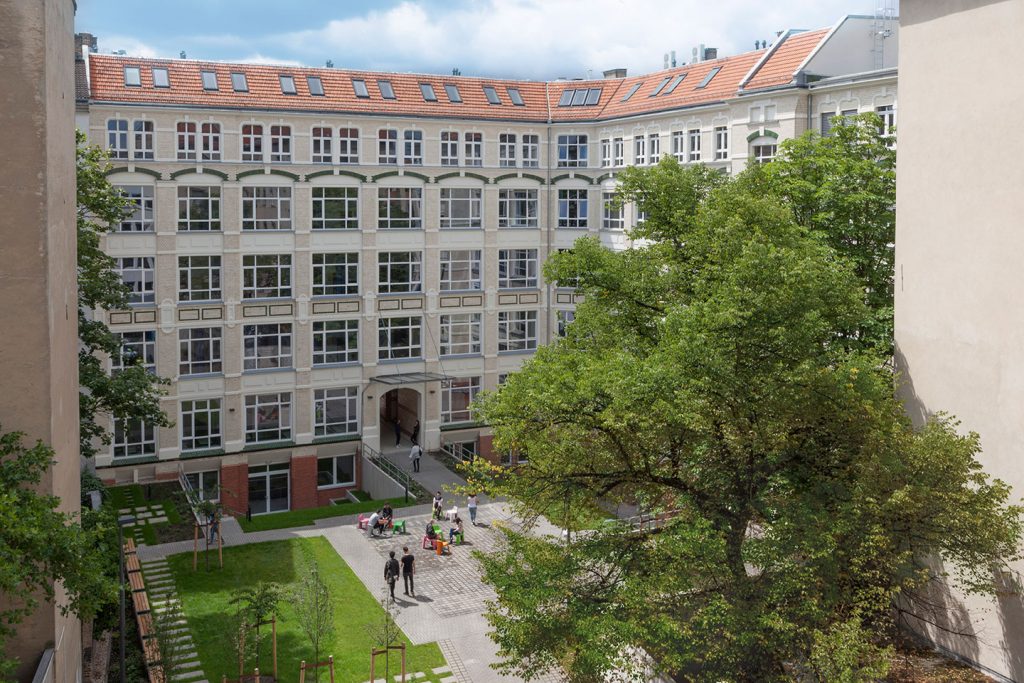
Could you tell us a bit about your approach to real estate development? How do you normally start your creative urban projects?
David: Well, it’s either one of a couple different ways. It’s either that I see a building that I want to do something cool with. So I am looking for a program because I can really see that something special should happen to a particular building or a place in the neighborhood.
Or, I have a program that I want to play with, like, I think there is a better way to maybe do student housing. So then I put together a proposal for a group like this (CIEE), and then we do a real estate search and try and find a building that we think could be adapted to try some new things in.
Or sometimes Nicko or Rebecca or somebody from the company has an idea, and we pursue that.
So at the beginning it’s purposely not very structured. But once we take on the project, it’s not a coincidence that it gets done. We work really hard . . . We’re rigorous and focused and we really, really push. Because we work so closely with my project management company as well, we’re able to execute at scale, and we know we can put in good cost controls, so we can get it done on time and on budget, instead of just being in the vapor.
What are the current projects you are working on?
David: Right now, we’re finishing this project in Berlin. We have a beta version of New Lab, but we’re building a very big new version of New Lab. That’s under construction right now. It will be finished next year. We are doing a real estate search for a new project to do something similar to what we did here in Berlin, but one that we will operate.
So Nicko and Rebecca and I are looking at buildings in other cities in Europe and in New York. What else are we doing? Those are the main ones for Macro Sea. And then I’m also involved with DBI in a couple of hotels, and we just finished a theater in Brooklyn.

What do you find the most fulfilling about your job as a developer?
David: I get to work with really good people, so the most satisfying thing to me is working with the team and surprising ourselves with what we can do. As I told you earlier, Macro Sea is pretty small.
But, for example, Rebecca works with us as our general counsel and she’s never had another job. She came straight from law school. But she’s now negotiating contracts in four different countries, doing partnerships with the City of New York, and law firms report to her.
And it’s been very satisfying to me watching her grow. And working with Nicko, and having him challenge me on things design-wise that I ordinarily wouldn’t do, but then really liking them in the end. So it’s really about working with people that are great and working with young people and watching them mature and watching them grow – and blowing my mind.
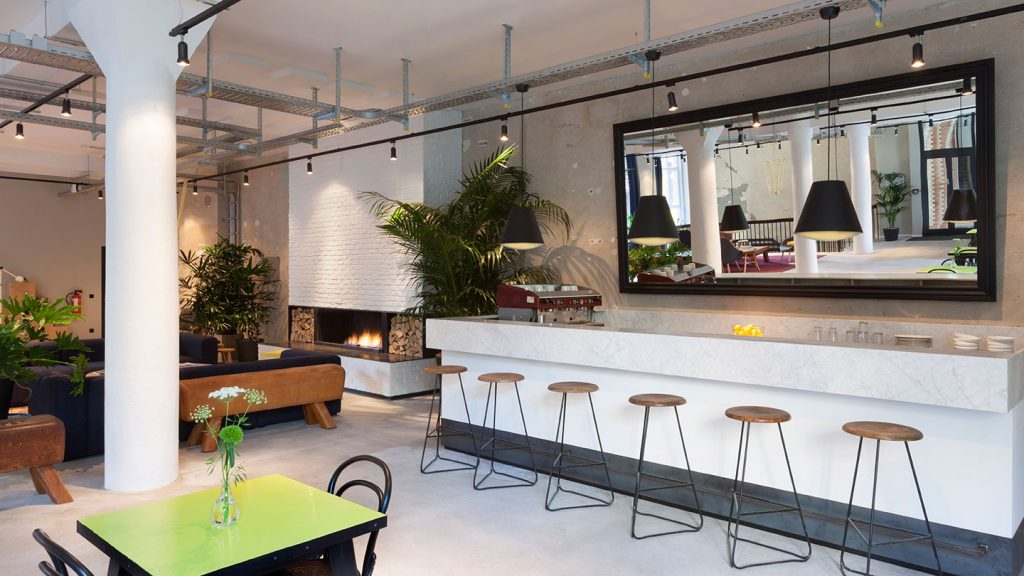
Do you have any advice for “Archipreneurs” who are interested in developing their own project?
David: I’ve been giving talks at a lot of architecture schools, graduate programs, and I always say the same thing, which is, “Don’t be afraid of money, and don’t be afraid of the spreadsheet. And if you want to build good things in the world, you have to just see the financial piece as a design constraint.”
Don’t be afraid of money, and don’t be afraid of the spreadsheet.
So I always think to myself that architects are so much smarter and more qualified than most developers, but they’re so afraid of business, and they just say that’s not their thing. They’re not going to be able to build shit with that attitude. They’re going to end up doing signage for an airport or a little design detail for some big firm.
And if they could just take that extra little step further where they feel empowered to understand the business end of things – which is not that complicated – they’ll serve themselves well. It is complicated, but on a scale of the other types of complexities that most architects or designers have to deal with on a daily basis, it’s really much simpler than that.
So my advice is: just try. Just get started, and just buy a cheap building that you can afford. Or put together money with friends. Or just get started, and don’t be afraid because the people who are successful are willing to fail and so you should be too. It is like there’s no risk to failing or just pushing yourself out of your comfort zone. The risk is not doing that.
Just get started, and don’t be afraid because the people who are successful are willing to fail and so you should be too.
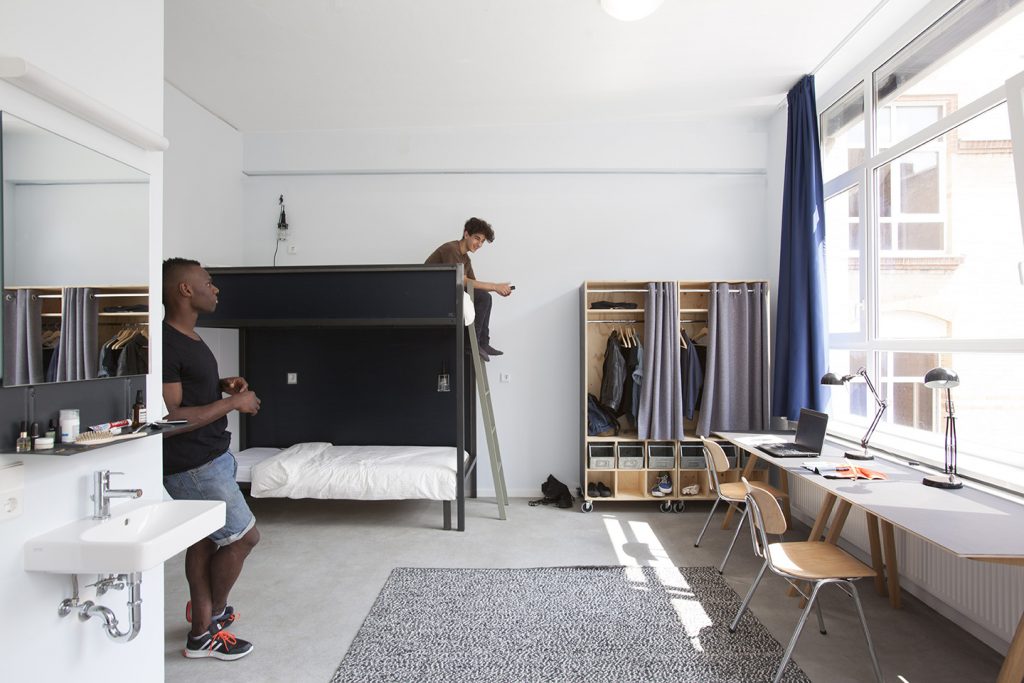
But how would you finance a first development project? Would you partner with somebody, or do crowdfunding? Any tips on how to manage that?
David: Well, so we’ve done all of that, right? I did not come from a wealthy family or any money at all, and so the way that I started was by leveraging the fact that I had relationships with people based on the other buildings we had done, and they knew we could execute. At that point it takes being willing to ask them for money for a crazy idea. And a lot of people helped me: they’ve lent me money to buy buildings, they’ve supported projects. We’ve also done crowdfunding, and I really believe in it. So we’re friends with Fundrise.
…I interviewed Ben Miller before and he said that New Lab was one of the most interesting projects he crowdfunded…
David: Good. Yeah. I really like Ben and Dan, and I really believe in them. And I believe that they’re going to do very well. And I believe that crowdfunding is going to have a big impact. And so if you live in a neighborhood and you see an empty building and you can get your community together and raise money together and own it together, it’s an interesting thing, right?

How do you see the future of architecture? In which areas (outside of traditional practice) can you see major opportunities for up and coming architects?
David: I really don’t know.Maybe, Nicko, do you have any idea? I’m sort of a one-trick pony. I have one answer which is, no matter who you are, de-commoditize yourself.
I have one answer which is, no matter who you are, de-commoditize yourself.
So architecture is often a commodity that you can buy, and so if you have an idea and want to do something special, then it’s not something you can just buy on the market. And so do more of that, and don’t be afraid of the money part. But I don’t know.
Nicko, what do you think? What do you think the future of architecture is? I don’t think that’s the future of architecture. That’s what I would like.
Nicko: I think it’ll probably shrink. It’ll become more and more of a luxury item because there’s so much that can be automated and outsourced these days.
the ability to build coalitions and tell stories – that’s always going to be the thread running through future of architecture and that’s something that can’t be removed while so many other parts of the job would be lost to technology
David: So, before, you needed your creative, class European, American designer, right? And now, developing countries, because of the Internet, people can collaborate from anywhere.
Nicko: The one thing I would say is that the importance of the relationship of designer to the project and it’s stakeholders. That personal relationship – the ability to build coalitions and tell stories – that’s always going to be the thread running through future of architecture and that’s something that can’t be removed while so many other parts of the job would be lost to technology and to algorithms, etc.
David: And the thing is that money follows vision, right? And so, without vision, nothing happens. And so I agree with Nicko. The architects or the designers who are able to maintain a clear vision will never be a commodity, right?
About David and Nicko
David Belt, Executive Director and Founder
David is an active real estate developer who has worked on a diverse range of projects that vary widely in size, scope, and location. David is also the Founder and Managing Partner of DBI, a firm specializing in real estate development, construction consulting and project management.
Currently, David and Macro Sea are working on a redevelopment in the Brooklyn Navy Yard called New Lab, which will bring interdisciplinary high-tech fabrication and collaboration to a former shipbuilding facility. He is also spearheading the new development and restoration team for the Hotel Chelsea.
David has been a guest lecturer, panelist, and participant for institutions such as Columbia University, RPI, Penn Design, Community Design Collaborative, the Atlantic Conference, the Venice Biennale, and MoMA.
Nicko Elliott, Design Director
Nicko leads creative and technical consultants and organizes fabrication, manufacturing and construction teams to create impactful objects and environments. With emphasis on materiality and detailing, Nicko employs graphics and branding, interior and landscape design, and product design to ensure consistent design quality across multiple project platforms.
Pre-Macro Sea, Nicko worked on projects at the intersection of architecture, landscape and public art in North America, Asia and Africa. He has been a guest critic at Coloumbia GSAAP, University of Toronto and the Ontario College of Art & Design.
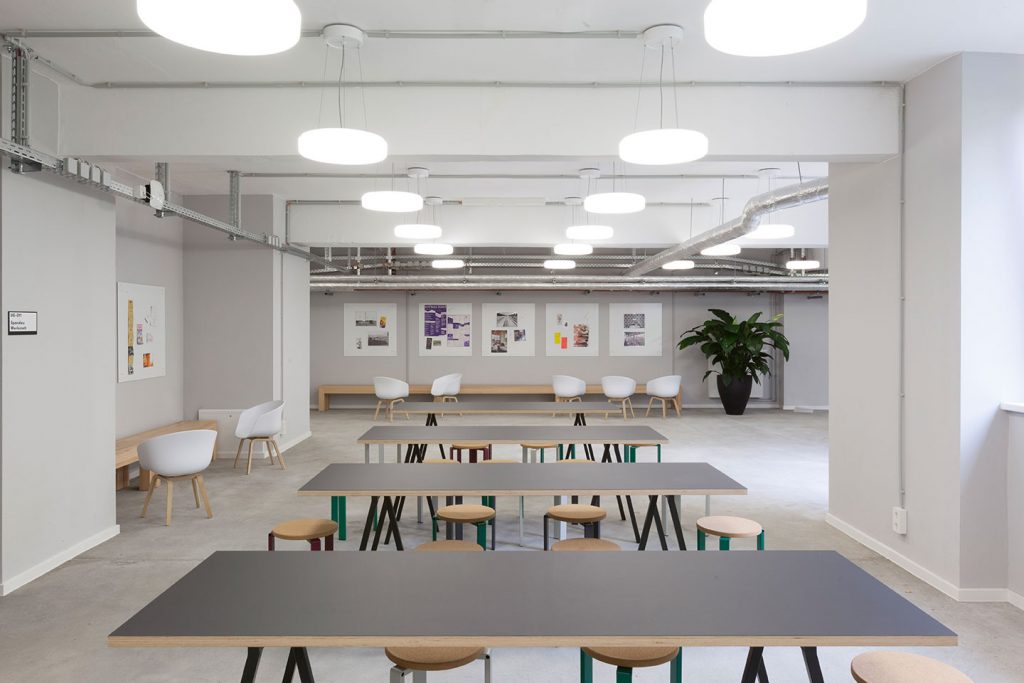
Join our Newsletter
Get our best content on Architecture, Creative Strategies and Business. Delivered each week for free.
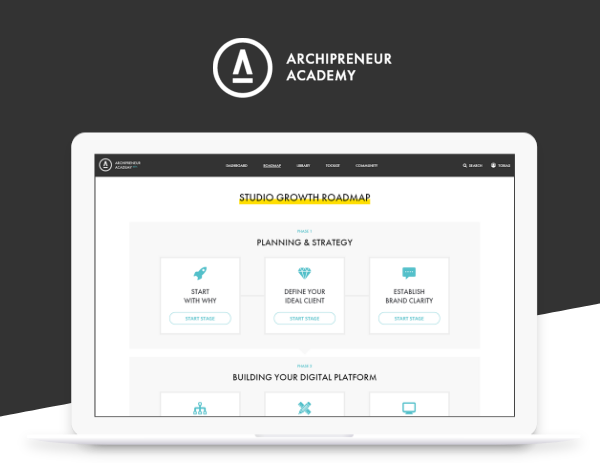
JOIN THE
ARCHIPRENEUR ACADEMY
- 9 Stage Studio Growth Roadmap
- Library of In-Depth Courses
- Checklists and Workbooks
- Quick Tips and Tutorials
- A Supportive Online Community


